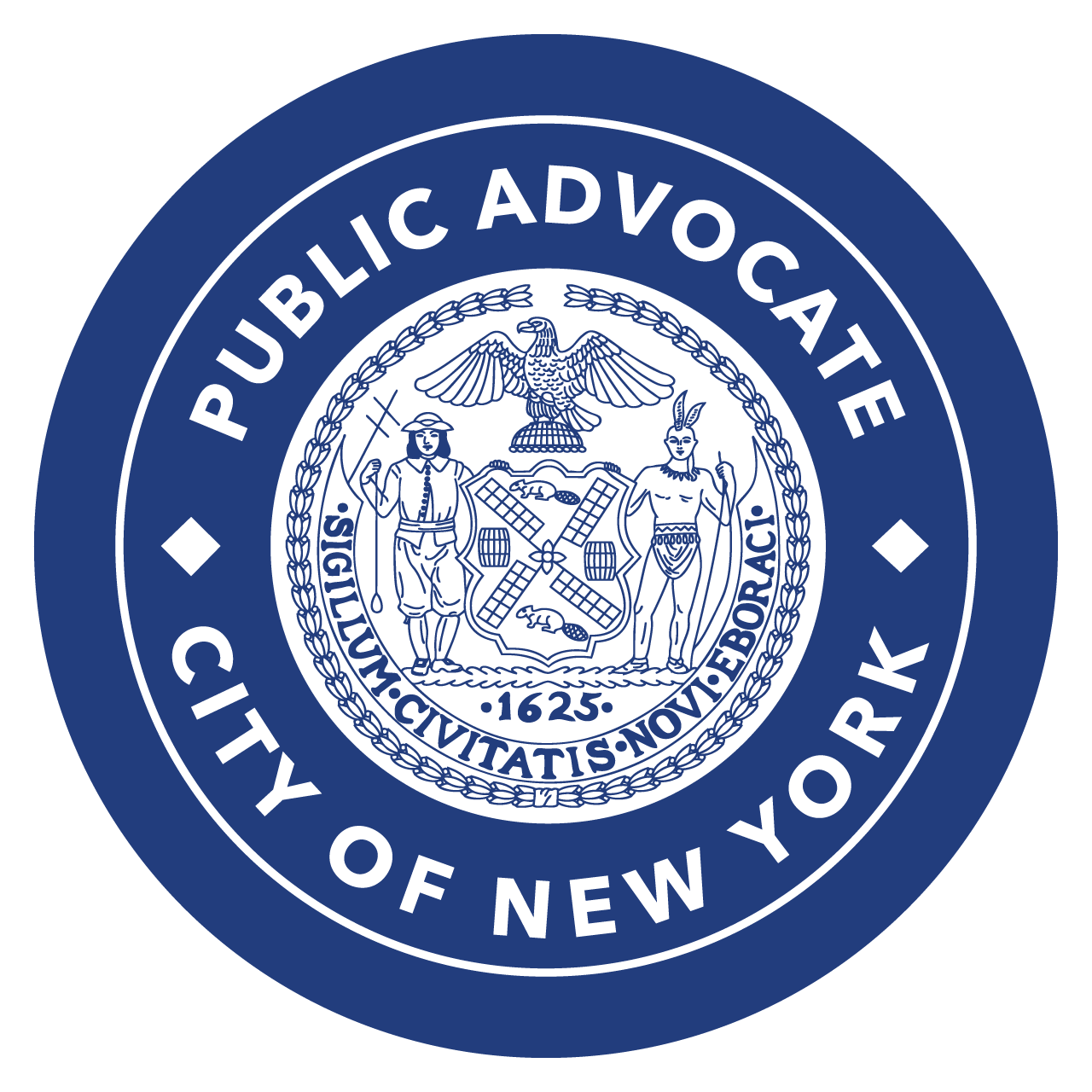Public Advocate Jumaane D. Williams submitted testimony to the Commission on Human Rights in opposition to a proposal to add exemptions to Local Law 91 - legislation passed by the Public Advocate in 2019 which banned pre-employment THC testing for most professions. The law is set to take effect in May of 2020.
In his testimony, he stated that "I stand firmly against any expansion of exemptions to Local Law 91. Creating more exemptions and loopholes to this law will unjustifiably deter qualified employees from obtaining gainful employment. Maintaining the original intent of the legislation, the City should be pushing to reduce the stigma around marijuana and working to restore justice for the millions of black and brown communities who have been the victims of marijuana criminalization and discrimination."
His full testimony is available here. TESTIMONY OF PUBLIC ADVOCATE JUMAANE D. WILLIAMS TO THE COMMISSION ON HUMAN RIGHTS
Good morning, my name is Jumaane D. Williams and I am the Public Advocate for the City of New York. I want to thank the Commission on Human Rights for holding this public hearing on expanding Local Law 91 exemptions.
In 2019, I introduced legislation that would form Local Law 91 which prohibits New York City employers from testing for tetrahydrocannabinol or THC, the active ingredient in marijuana, as a condition of employment. Within this legislation, exceptions are provided for certain safety and security sensitive jobs, and those tied to a federal or state contract or grant. I was hesitant to put any exemptions into the original bill language as I believe that no individual should be tested for THC, and I stand firmly against any expansion of exemptions to Local Law 91. Creating more exemptions and loopholes to this law will unjustifiably deter qualified employees from obtaining gainful employment. Maintaining the original intent of the legislation, the City should be pushing to reduce the stigma around marijuana and working to restore justice for the millions of black and brown communities who have been the victims of marijuana criminalization and discrimination.
Over half of Americans admit to trying marijuana, and 11 states have already allowed recreational use of it. A majority of New Yorkers support its full legalization including the Governor and myself. Additionally, studies have shown that some commonly used drug tests can't tell the difference between THC and CBD. Individuals should not be punished for a widely accepted practice or for using CBD, a product legal nationwide. Testing for marijuana only serves as a Reagan era obstacle, preventing talented applicants from applying and accepting positions. We need to be creating more opportunities and access to employment- not less.
Under the current law, individuals who show up at work under the influence are not justified. Rather, this law serves to protect the privacy and rights of those who might otherwise have their lives ruined by harmful marijuana enforcement policies before being employed. There are a number of safety and security sensitive jobs where alcohol consumption is not tested for, marijuana should be no different. I would charge the commission to explain why marijuana should be treated any different than alcohol. As a body that supports human rights, I urge the Commission on Human Rights (CCHR) to eliminate THC testing as a requirement for employment rather than expanding it towards a deleterious effect. I strongly recommend that the CCHR reconsider its effort to add further exemptions to Local Law 91.
Thank you for your time and consideration.
